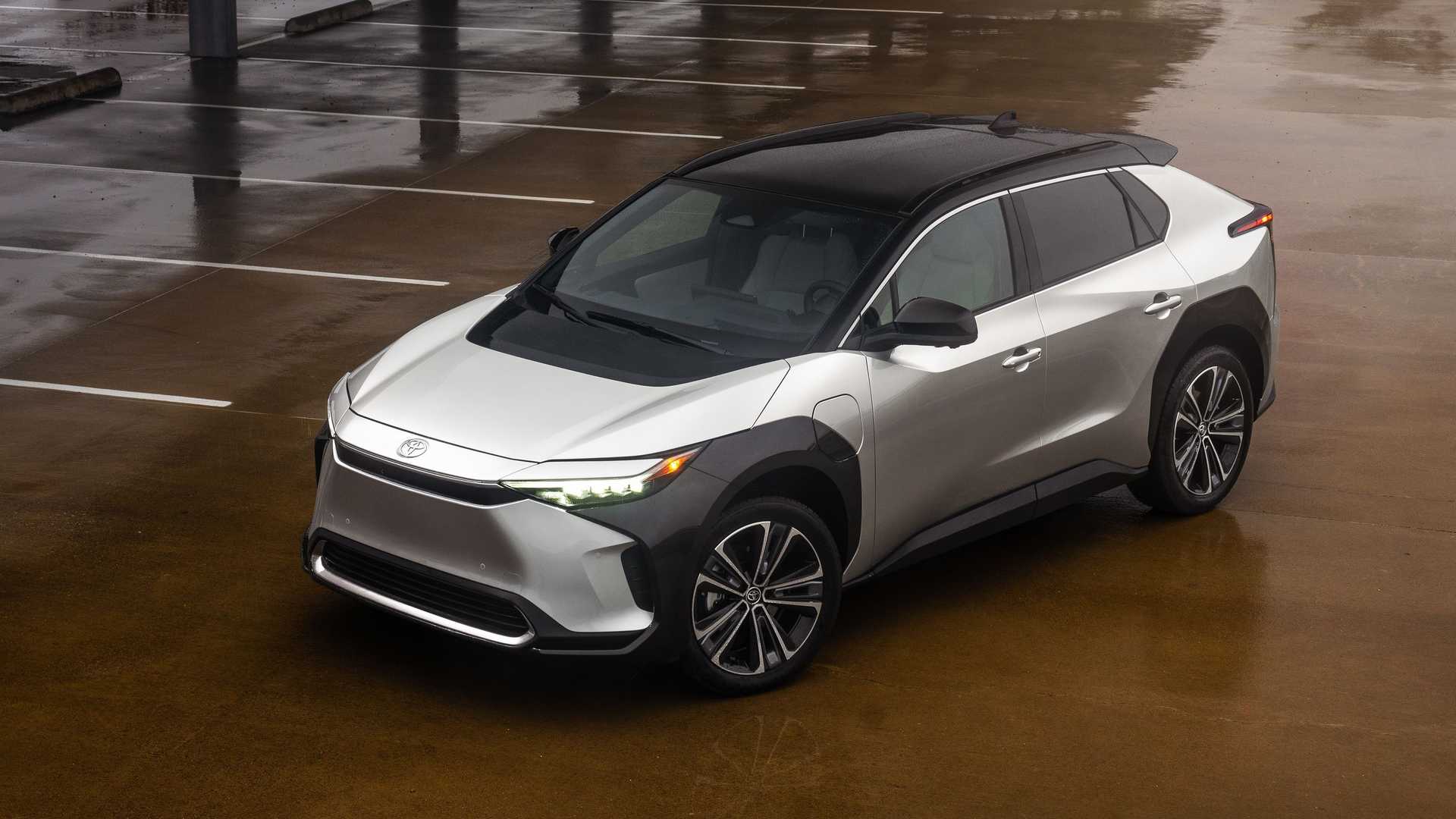
Many people rushed to criticize Toyota for being late to the EV game, anticipating the Japanese automotive giant would end up trailing behind the competition. However, sales figures tell a different story. Not only did Toyota manage to keep its sales crown for the fourth year in a row, but total deliveries reached an all-time high.
Out of a total of 11,233,039 cars sold by Toyota and its subsidiaries, few of them did away with the internal combustion engine. Deliveries of battery electric vehicles amounted to 104,018 units. Yes, it was a 325.2 percent growth year-over-year but when you’re comparing to a low baseline number, percentages can be deceiving.
| Electric Vehicles | Hybrid Vehicles | Mild-Hybrid Vehicles | Plug-In Hybrid Vehicles | Fuel-Cell Vehicles | Total Electrified | Total Sales |
| 104,018 | 3,420,004 | 26,859 | 124,755 | 3,921 | 3,679,557 | 11,233,039 |
The reality is EVs accounted for just 0.926 percent of total shipments during a record-breaking year for Toyota and co. There are a bunch of electric cars on the way for the “Beyond Zero” (bZ) lineup, but the company estimates battery powered EVs will always remain a minority. Even after Toyota will have diversified its electric lineup, battery EVs are estimated to account for just 30 percent of sales. In an interview for the Toyota Times magazine, chairman Akio Toyoda said:
“No matter how much BEVs progress, I think they will have a market share of 30%. That leaves the remaining 70% as HEVs, FCEVs, or hydrogen engines. I have no doubt that engine vehicles will survive.”
Toyota is adamant the combustion engine can survive even as automakers are striving to eliminate CO2 emissions. Experimental prototypes of the GR Yaris and GR Corolla have been tested with the turbocharged 1.6-liter, three-cylinder engine modified to run on hydrogen instead of gasoline. In addition, the company believes synthetic fuel could also be the ICE’s savior. Concomitantly, it’s not giving up on hydrogen tech since an all-new Nexo with a next-gen fuel cell has been confirmed for a 2025 release.
The meteoric rise of Tesla must have Toyota concerned, especially since the Model Y was the world’s best-selling vehicle in 2023. However, there’s still time for Toyota to get its act together and develop EVs that appeal to customers. There are already mumblings the European Union’s ban on cars that generate emissions might be delayed beyond 2035. If that happens, that should relieve some of the pressure Toyota is facing. Meanwhile, it’s doing what it knows best – which is to sell a gazillion cars with different types of hybrid propulsion.
Some might argue that Toyota is beating a dead horse with hydrogen cars. Indeed, that might end up being a money pit. However, the automotive juggernaut has the budget to afford to throw things at the wall and see what sticks. The goal is to reach carbon neutrality across a car’s entire life cycle by 2050. That means net zero carbon emissions across operations, manufacturing, logistics, use, and recycling of a vehicle.
The Volkswagen Group, Toyota’s main rival, once again had to settle for second place in 2023 when total deliveries rose by 12 percent to 9.24 million. However, the German automotive conglomerate sold far more EVs in the last 12 months than Toyota as shipments of zero-emission vehicles reached approximately 770,000 units, up by 35 percent YoY. The share of electric cars climbed to 8.3 percent, an increase of 1.4 percent from the year before.
- SEO Powered Content & PR Distribution. Get Amplified Today.
- PlatoData.Network Vertical Generative Ai. Empower Yourself. Access Here.
- PlatoAiStream. Web3 Intelligence. Knowledge Amplified. Access Here.
- PlatoESG. Carbon, CleanTech, Energy, Environment, Solar, Waste Management. Access Here.
- PlatoHealth. Biotech and Clinical Trials Intelligence. Access Here.
- Source: https://www.motor1.com/news/706746/toyota-electric-vehicle-2023-sales/



